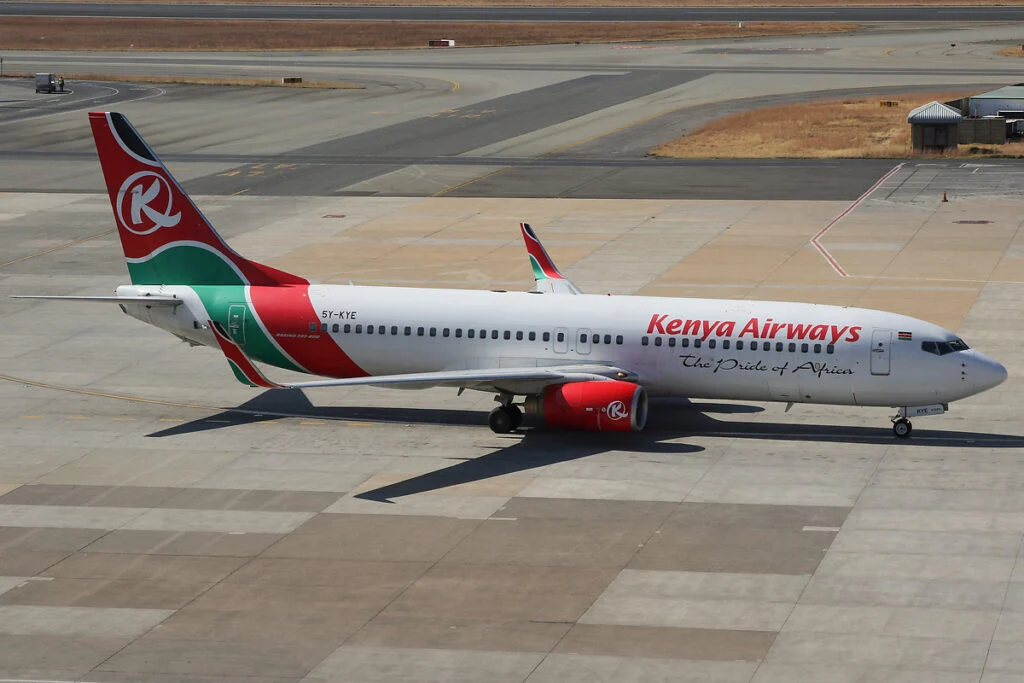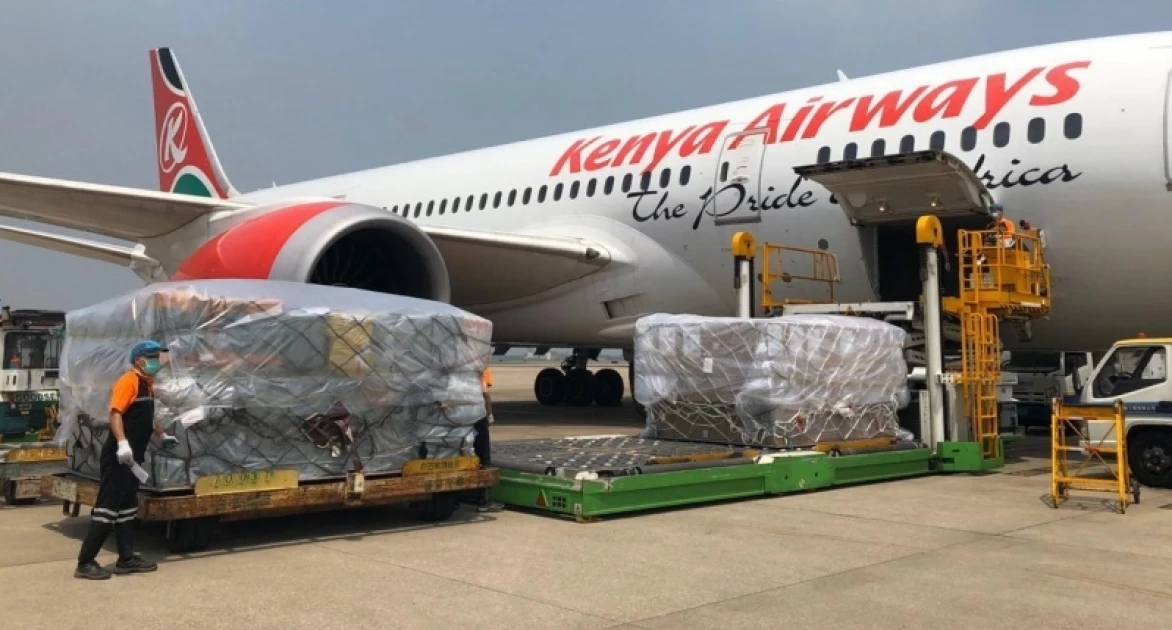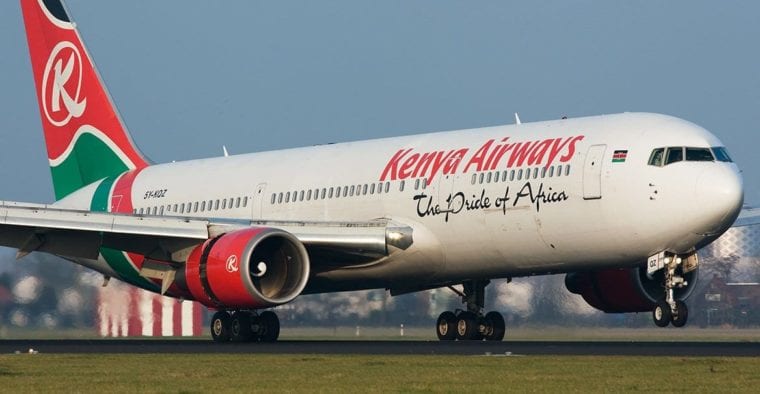Project Mawingu: How Kenya Airways’ global dream crashed into debt
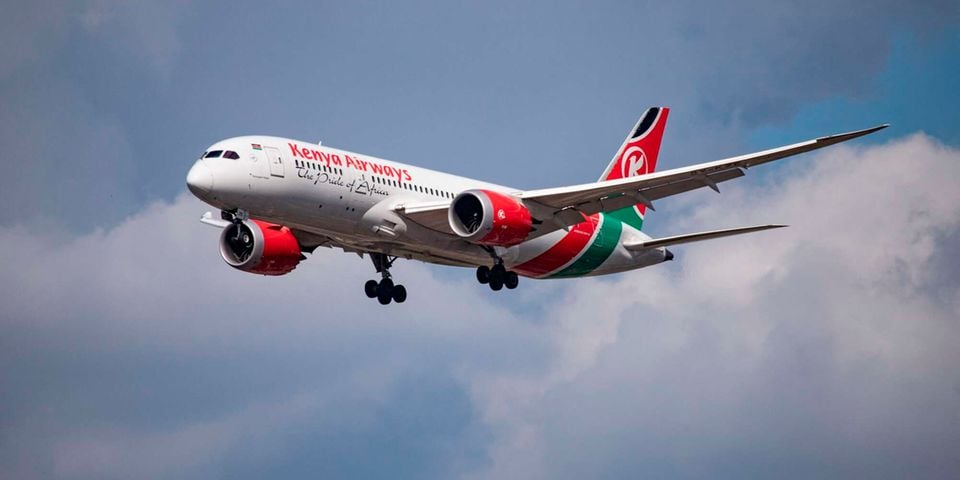
Kenya Airways’ bold bid to dominate the African skies has been laid bare in Parliament as a financial disaster that continues to weigh heavily on the public.
Members of Parliament have heard that the airline’s Sh387 billion Project Mawingu expansion plan, which promised global growth, ended up leaving the national carrier with unsustainable debt and taxpayers with a massive repayment burden.
The National Assembly Committee on Public Debt and Privatisation on Tuesday heard detailed testimony from Kenya Airways chief executive officer Allan Kilavuka on how a string of ambitious but ill-fated strategies, Project Mawingu and later initiatives Safari and Kifaru, collapsed under the pressure of mounting losses, poor execution and heavy borrowing.
Launched in 2012, Project Mawingu aimed to grow KQ’s network to 119 destinations by 2021, backed by a dramatic fleet expansion.
“The idea of Project Mawingu was to increase the fleet of the airline from 31 passenger aircraft then and to expand that to 107 passenger aircraft, which is obviously almost more than three times the growth and also 12 freighters to support cargo. To do that, the airline needed about $3 billion (Sh387 billion),” Kilavuka said.
The committee was told that the project’s collapse set off a chain of financial troubles that have required repeated government bailouts.
To prevent the airline from sinking, the State has been forced to cover billions in guaranteed loans.
Records presented to MPs revealed that $167 million (Sh21.58 billion) owed to ten local banks was converted into equity, handing lenders a 38 per cent stake in the airline. A remaining portion of the debt was settled by the government earlier this year.
Kinangop MP Kwenya Thuku raised concerns over the conversion arrangement and questioned how the valuation was done.
“And I wish to know how much loan in total they have advanced to KQ, and this 38 per cent is equivalent to how much that was converted. Because I see again in your presentation the intervention from 2017 to 2019, the government of Kenya again paid the banks Sh17 billion,” Kwenya told the committee.
He warned that the deal may have short-changed the government and shareholders by undervaluing assets during restructuring.
Nyaribari Masaba MP Daniel Maduku pressed for clarity on how the airline plans to repay the estimated Sh70 billion injected into its operations, pointing out that repayment timelines remain unclear as the burden continues to rest on taxpayers.
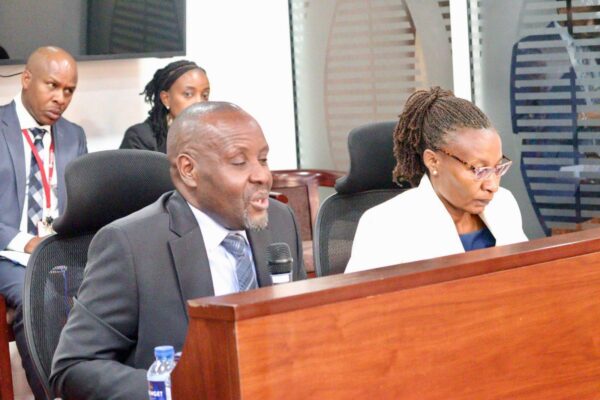
The committee also heard that in the 2023/24 financial year, the government paid Sh14.3 billion to service the Exim Bank USA/PEFCO loan, followed by Sh13.18 billion in 2024/25.
An additional Sh17.96 billion is projected for the 2025/26 financial year. In the same period, the State also covered Sh19.69 billion in working capital loans secured from local banks
Kilavuka traced the airline’s financial collapse to a series of external shocks that hit shortly after Project Mawingu began.
These included a sharp decline in tourist arrivals following terrorism advisories in 2013, the fire at Jomo Kenyatta International Airport that same year, which cost the airline $4 million, and the Ebola outbreak in West Africa in 2014.
He added that delays in the delivery of B787 aircraft forced the airline to lease B777 planes as substitutes, which were larger and more costly to operate.
“The delayed delivery of B787 aircraft, whose entry into service per Project Mawingu plan was in 2013/14 but were delivered in 2014/2015, led to the sourcing of alternative aircraft (B777), where 2 were delivered in 2013/2014, a much larger and more expensive alternative. This resulted in high fleet operational and maintenance costs,” he explained.
The airline’s cashflow problems were further compounded by the COVID-19 pandemic. Kilavuka disclosed that the government cleared Sh19.69 billion in local bank loans on behalf of the airline in January 2025, as KQ could not meet the repayments.
“KQ could not settle this debt due to cashflow pressure attributed to the impact of the COVID-19 pandemic. A shareholder loan agreement between GoK and KQ is currently being finalised and should be signed within the next two months,” he said.
Committee chair Abdi Shurie sought to know how KQ is ensuring compliance with the Public Finance Management Act as it continues to receive state support.
In response, Kilavuka said that all disbursements from the government since 2020 have been backed by shareholder loan agreements that include repayment schedules, and assured MPs of the airline’s commitment to meet its obligations.
